Over a year ago, in November 2017, we held the last AU-EU Summit in Abidjan, Ivory Coast. We set out a vision for our future EU-Africa relationship. A vision for a more dynamic and forward-looking partnership – capable of projecting our collective voice and weight on the global issues that matter to us the most.
Africa is a changing continent. It is a rising player on the international scene, increasingly confident in its capacity to address global economic, security and political challenges. And while Europe remains Africa's biggest trading partner, investor and donor, several new global players are stepping up their presence on the continent. So it was time for Europe to redouble our efforts and work with Africa to take our two continents’ relationship to the next level.
In September last year, President Jean Claude Juncker launched the new Africa-Europe Alliance for Sustainable Investment and Jobs. This Alliance was a crucial step forward, breathing life into the vision and commitments of Abidjan to advance our economic relations and better harness our collective efforts.
Just three months after this launch, we took stock of our progress on the Alliance at a High-Level Forum on Africa and Europe. This took place in Vienna just before the Christmas break and I can tell you that we ended the year on a high note!
There was some strong rhetoric at the Forum. When I say this, I think in particular of Moussa Faki, the Chairman of the African Union Commission, who provocatively but truthfully stated, “Stop this stereotypical idea of Africa as a hapless terrain where Europe, China or others have free rein to battle for influence! We choose our partnerships, and create conditions based on mutual interest and benefit. Do not infantilise an entire continent”.
But it’s no longer just about strong rhetoric. We’re also talking about strong actions. And first projects under the Alliance are now underway.
One of the projects announced was the NASIRA Risk-Sharing Facility, the first EU guarantee under our External Investment Plan. We will be using €75 million of EU funds to leverage up to ten times that amount of money to help under-served entrepreneurs in Africa get lending. This will create up to 800,000 jobs for those who need them the most.
Agriculture is also at the heart of our joint efforts. There is great need – and great potential – for more investment in agriculture in Africa. This is why we announced a new Agri-Business Capital fund worth €45 million to improve access to capital for smallholder farmers. We expect this fund to get more than €200 million in investments and benefit as many as 700,000 households in rural areas.
From the ancient Greeks’ trading across the Mediterranean Sea, to the Silk Road connecting East and West, History teaches us that trade is an important engine of growth and development. The African Continental Free Trade Area has enormous potential but it still needs ratification by 22 African countries to enter into force. In Vienna, I signed a €3 million contract with the United Nations Economic Commission for Africa to develop evidence-based analysis on Africa’s continental trade integration. I have no doubt this will help with negotiations and ratification of this trade agreement.
While all the above is hugely important, the importance of people-to-people contact and knowledge transfer can also make a big difference. This is why we created a number of Taskforces under the Alliance to help our two continents – and our two peoples – collaborate on areas of strategic importance, such as agriculture, the digital economy, transport and energy.
We have already had the opportunity to hear the recommendations of the Taskforce on Rural Africa. This was the very time we heard from an external group of African and European experts on agriculture and agri-food. And we also launched a Digital Economy Task Force to bring together leaders and experts from both continents for the sake of pan-African digital integration.
As I conclude, I am reminded of the words of President Kagame of Rwanda. He said that it is not about measuring success solely in terms of migration statistics, and a much better yardstick is how creating jobs in Africa will also boost growth in Europe.
These words could not ring more true. This is exactly what we are doing.
The author is European Commissioner for International Cooperation and Development. Opinions expressed in this article are personal opinions of the author and do not represent the position of Euractiv.hr.
_1.jpg)




Za sudjelovanje u komentarima je potrebna prijava, odnosno registracija ako još nemaš korisnički profil....